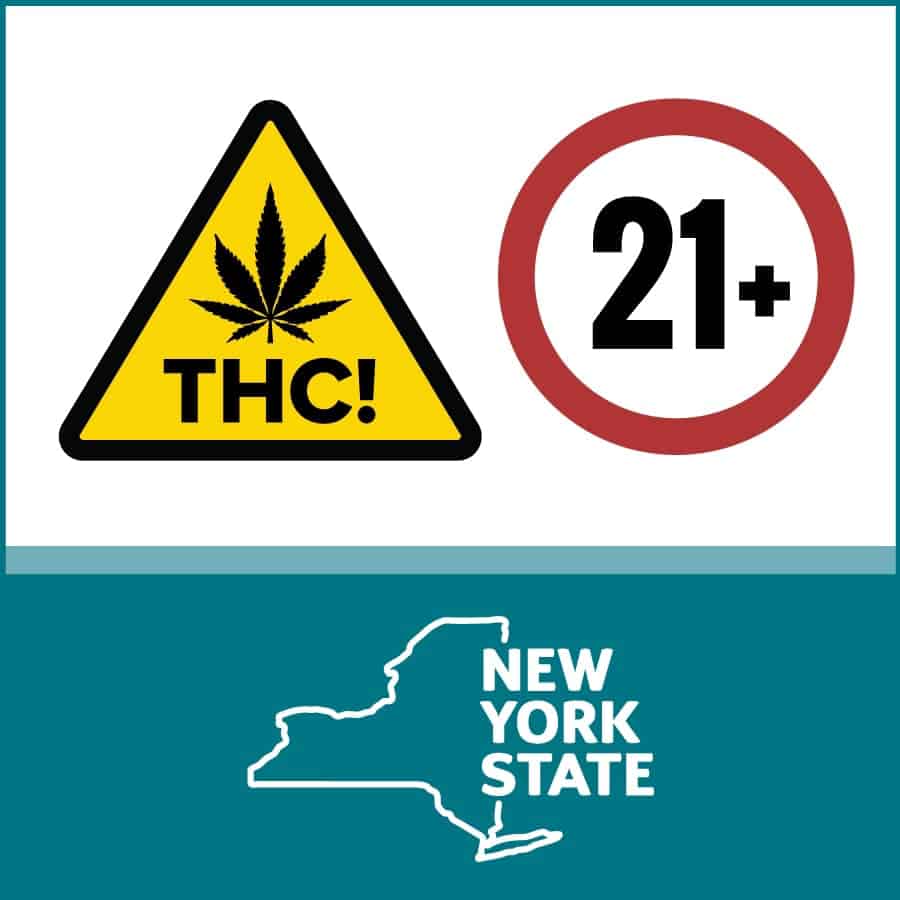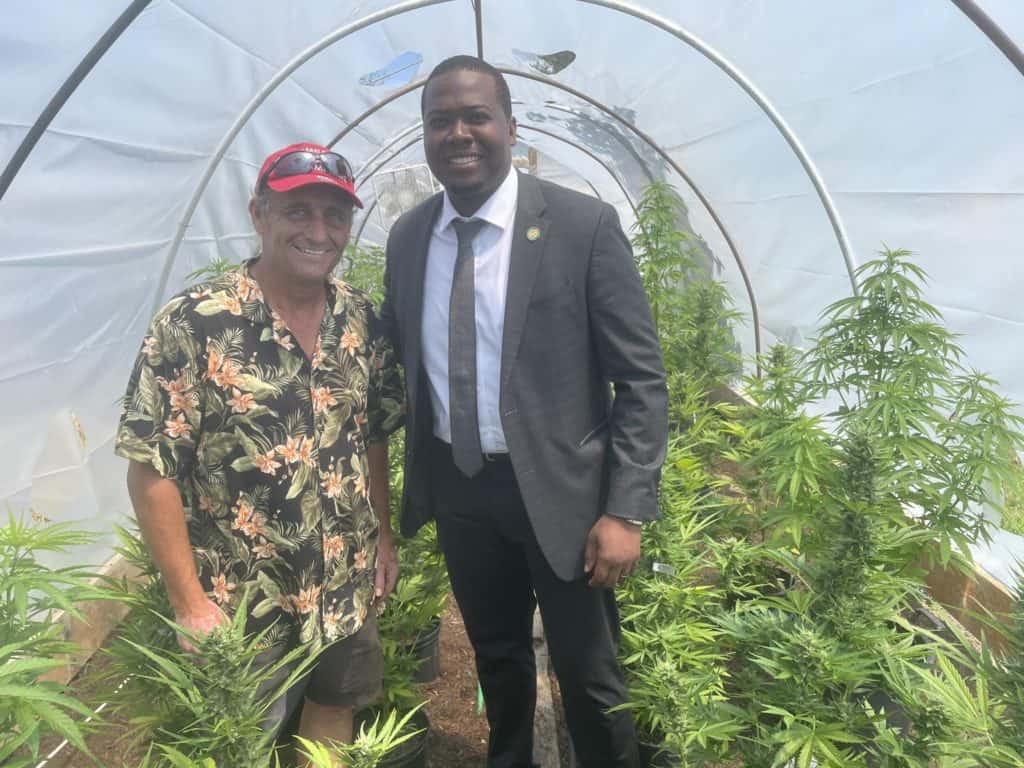

By Dan Murphy
Chris Alexander, Executive Director of New York State’s Office of Cannabis Management, came to Westchester on Aug. 25 to discuss the progress being made towards licensing individuals and businesses to both grown and sell marijuana legally in the Empire State.
Alexander and staff from the NYS OCM gave a presentation at the Will Library in Yonkers on the same day that applications for a license to sell marijuana opened online.
On March 31, 2021, the NY legislature passed and then Gov. Cuomo signed into law the Marijuana Regulation and Taxation Act, (MRTA), which permitted new Yorkers to possess up to 3 ounces of pot legally.
But as Alexander and other staff members explained, there are currently no approved licenses to sell marijuana in NY. So, any storefronts or trucks selling pot in Manhattan are not legal.
New Yorkers can smoke marijuana anywhere that they are permitted to smoke cigarettes, but anyone who wants to grown marijuana in their home must technically wait for 18 months, to give time for the farmers and small businesses to grown and sell pot on the market and be able to turn a profit.
August 25 was the first day that the office of cannabis management opened and launched its Conditional Adult-Use Retail Dispensary (CAURD) program for New Yorkers to apply for a license to sell marijuana and to secure the first licenses to open dispensaries, or pot stores across the state.
The application process is lengthy and requires a $2,000 application fee. The first round of licenses will be given to those New Yorkers who have been convicted of a marijuana related offense, and who have operated a small business.
New York State has expunged some 400,000 marijuana related convictions of residents, and it will be those same residents who will be encouraged to apply for a license to sell pot. The deadline to complete a CAURD license application is Sept. 26.
Alexander made some news at the Yonkers event by predicting that no licenses will be given out until “the middle of next year, (2023).”
While Alexander’s announcement was reported on in the marijuana media as a delay, most in attendance accept it, and overall, New Yorkers are willing to wait for the process to be completed properly, regardless of any self-imposed deadlines.
And that was the takeaway of most who listened to Alexander and his staff in Yonkers: That the Office of Cannabis Management is intelligently making the rules and regulations –
But it does mean that you will not see a legal Marijuana store in the State of New York until next summer. Some Indian reservations upstate are already selling pot.
Alexander did explain that a number of conditional licenses were handed out earlier this year to Hemp growers, in order for them to grow pot, and build supply in anticipation of the storefront pot dispensaries -so that they could have legal supply to draw on.
One attendee asked Alexander if she could grow pot in her home, make edibles, and sell those edibles to dispensaries. “You’ll see regulations come out sooner – in the next two months or so – but middle of next year you’ll see those applications open for cultivation, for processing, and to do the activities you just laid out.”
New Yorkers who use marijuana for medical purposes can still purchase weed legally. The NYS Dormitory Authority has been designated to help find suitable spaces across the state for small business owners to open dispensaries.
A family member of a relative that was convicted of a marijuana related offense can also apply and fall under the justice involved requirement. Convictions for marijuana offenses must also be documented and proven by the applicant and must have occurred before 2021.
Qualified business ownership experience for applicants must include a 10% ownership in the prior business experience, and that business must have been profitable for two years. Some non-profits can also apply.
Only one license will be given to applicants, and for those who do not qualify for the first round of licenses, other opportunities will be made available and interested New Yorkers could get involved in the business of weed in New York in a variety of other professions and businesses.
A cannabis fund has also been set up by NY State to help provide small business loans to those who receive a license.
Alexander also explained that there are two tiers of growing licenses; one to cultivate and one to process, and one owner could have both licenses, but they are not yet available. Applications for cultivation and processing are expected to be handed out next year.
The NYS Dormitory Authority has identified and located 150 locations, to provide approved license holders with a retail space, and a lease, to help them get open.
One attendee asked Alexander what will happen in communities on Long Island, (and in parts of Westchester) where most of Nassau and Suffolk Counties have opted out and have refused to permit to have legal marijuana dispensaries. “Yes, we have localities that have opted out, but as we roll out the progress, some of those communities are getting back in. This is an evolving landscape as they see we are building out a quality program.”
Tax benefits for new marijuana owners will also be part of the plan because “it will be expensive to operate in this space. Part of this is to make sure that future entrepreneurs are created.
In attendance at the Yonkers meeting was State Senate Majority Leader Andrea Stewart-Cousins, and Senator Shelley Mayer. “This opportunity exists because people who you elected wanted to stop criminalizing marijuana and expunge the records of those in the black and brown and young communities who were arrested. And we wanted to find a way to give back to those communities and the people who were most disproportionately affected. It was not easy to pass, our former Governor wanted the revenues in the general fund, but we held out to build opportunities for the next generation. Chris Alexander has been working to find a way to do all of this and has looked at the way other states are doing this. It’s important to vote because who sits in these seats matter.”
Anticipated state revenues of $245 Million per year will not be realized until 2024. Most will go into a cannabis tax revenue fund, with 40% going to education and 4% to localities.





